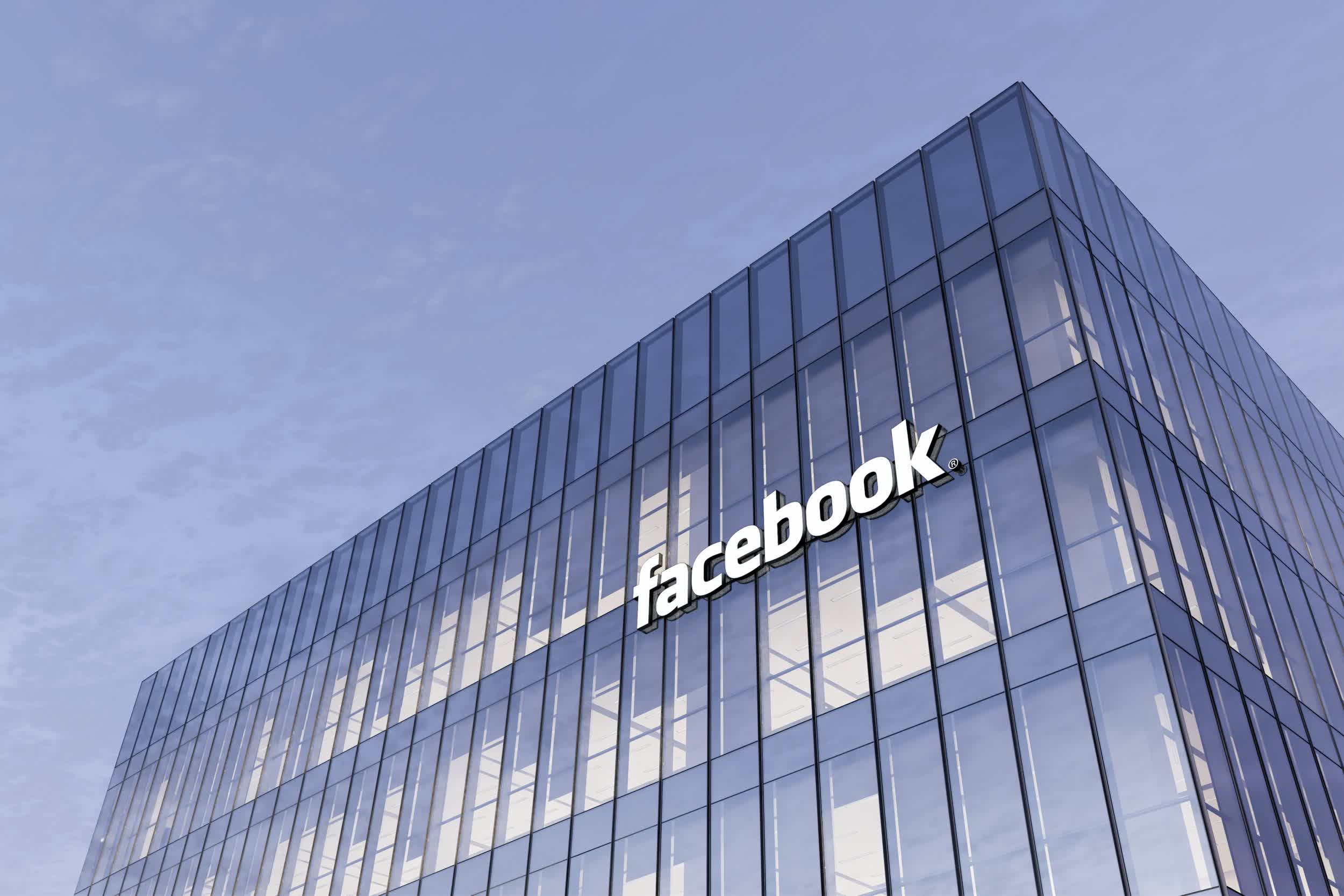Bottom line: Facebook's idea seems in line with other big tech companies like Microsoft and Twitter that have detailed hybrid workplace strategies. Rather than the usual "one size fits all" approach, these new models attempt to identify the best working conditions for a division, team or even on a per-employee basis. Some people are simply more efficient when nobody else is around, and the pandemic demonstrated that to a lot of companies.
Twitter early in the pandemic said it would allow employees to work from home indefinitely. Now, Facebook is doing something similar.
Brynn Harrington, Facebook's Director of People Growth, recently told the BBC that some employees have been "really thriving" while working from home. "For example, parents who are closer to their children and are happy to cut their commute time and optimize their work day, they're thrilled to work from home," she noted.
Conversely, it's not for everyone.
"We have people juggling care giving responsibilities, we have people living in small apartments with roommates, those people desperately want to get back into offices, and we're working really hard to do that, as soon as it's safe to open our offices," Harrington added.

As it stands, Facebook is working to reopen its Silicon Valley offices in May but notes that capacity won't reach 50 percent until September at the earliest.
Worth noting, however, is this bit from Harrington. "We pay based on the local cost of labor in a market. So there will be variability in terms of pay for remote workers, based on where they work."
Facebook employees with jobs that are eligible for permanent remote working will need to get approval from their managers to do so.
